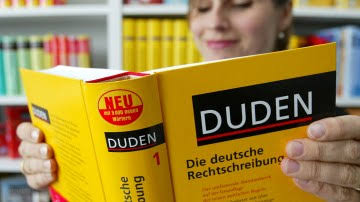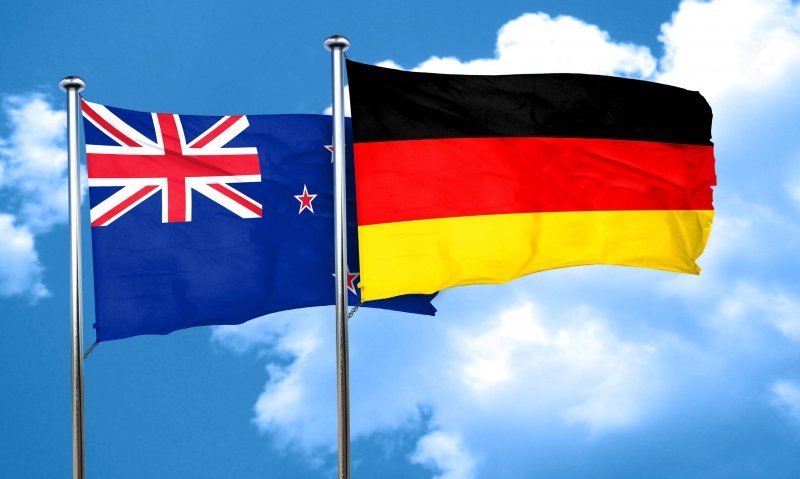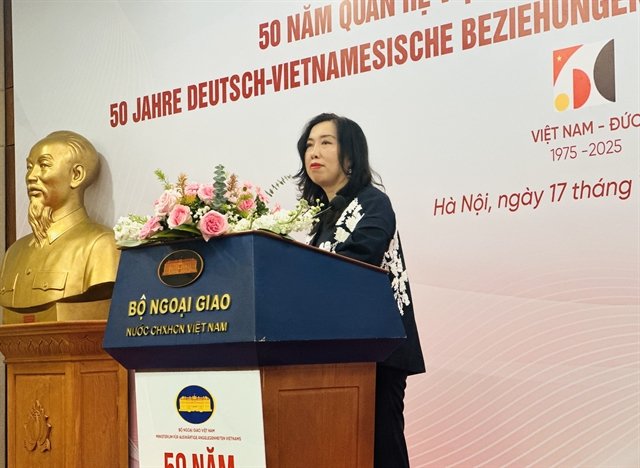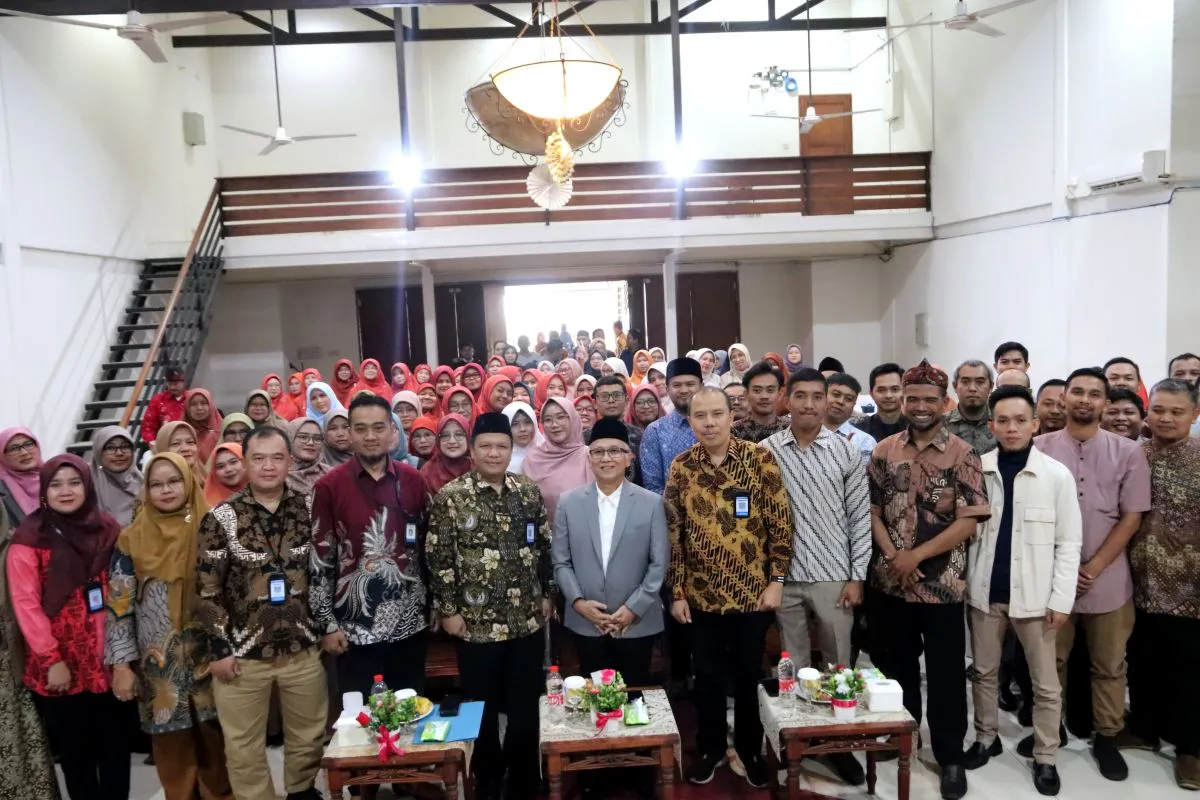Berlin, August 18, 2024, The Europe Today: On Monday, Germany’s Duden dictionary announced the introduction of 3,000 new words in its latest edition, reflecting the evolving landscape of language in the digital age. Among the new entries are popular tech terms such as TikTok, ChatGPT, Hyperloop, OpenAI, and Ghosting, alongside internationally recognized terms like Triggerwarnung and Wokeness.
“Cooking, Crises, and War”
Katrin Kunkel-Razum, Duden’s chief editor, noted that most of the new additions revolve around themes of “cooking, crises, and war.” The dictionary now includes words like Sushireis (sushi rice), Tahin (tahini), Gojibeeren (goji berries), Salsiccia (Italian sausage), and Mocktail, reflecting a growing interest in diverse culinary ingredients. Additionally, terms like Gemüsekiste (vegetable box) and Kochbox (cooking box) highlight the increasing popularity of home-delivery produce and meal kits.
In response to the growing global conversation on climate change, the dictionary has added new terms such as Extremwetterereignis (extreme weather event) and Klimakleber (climate gluer), the latter referring to protestors who glue themselves to airport runways and roads to protest fossil fuel usage. Current events are also represented with new words like Ukrainekrieg (war in Ukraine) and Russlandsanktion (Russia sanction).
A Lexicon for the Pandemic
Kunkel-Razum remarked on the enduring impact of the COVID-19 pandemic on language, noting how certain terms have persisted even after lockdowns were lifted. The dictionary now includes Impfzertifikat (vaccination certificate), Coronaleugner (COVID-19 conspiracy theorist), Distanzunterricht (distance learning), and Virusvariante (virus variant).
Removed Words Reflect Changing Times
As new words are added, some older terms are being phased out, reflecting their diminished relevance in modern language. Words like Juckergeschirr, referring to bridles and hitches for carriage horses, and Dampfradio, an old-fashioned term for a 1950s-style radio, have been removed. Additionally, UMTS-Handy, a term used for certain 3G-capable smartphones, has also been retired.
When asked about her favorite new words, Kunkel-Razum found it difficult to choose, citing the many “beautiful, original, important words” included in the new edition. However, she expressed particular fondness for words that had been removed from the dictionary years ago but have since experienced a revival, such as Hackenporsche, a term affectionately used to describe Germany’s ubiquitous personal shopping trolleys.
The editor explained that the decision-making process for selecting new words involved scanning hundreds of thousands of pages from periodicals and other texts to identify popular and emerging vocabulary.














